Critical Corner: Scoop, The House of Hidden Meanings, et al.
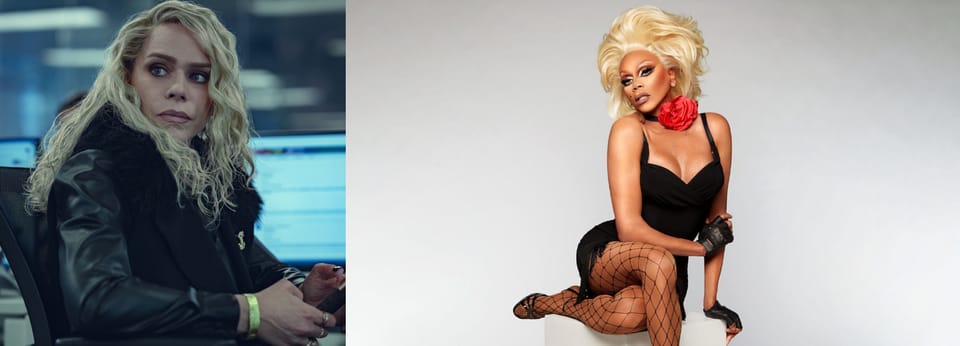
In this edition of Critical Corner, reviews of Netflix film Scoop and RuPaul's memoir The House of Hidden Meanings.
You would have had to be buried under a pile of rocks in late 2019 to have not felt the impact of Prince Andrews’ interview with Newsnight, where the Queen’s favourite son buried himself under a similarly sized pile of shit. The interview, which came about due to Jeffrey Epstein’s arrest and subsequent death, was meant to be a chance for Prince Andrew to explain exactly why he had maintained a friendship with the man and potentially exonerate himself. It instead ended up being an hour-long masterclass in how to hoist oneself by one’s own petard.
Scoop, on Netflix now, tells the story of how exactly that interview came to be. It’s based on the memoir from Sam McAllister (Billie Piper), who was instrumental in booking the interview in the first place, and follows the story right through from a paparazzi getting photos of Prince Andrew with Epstein in 2010, to McAllister’s attempts to get her producers to prioritise the story, to the actual interview itself. Gillian Anderson (still in Thatcher mode) and Rufus Sewell (swimming in prosthetics) round out the cast as Emily Maitlis, the famous BBC journalist who carried out the interview, and Prince Andrew himself.
This all plays out with the speed of a heist film, which means that some of the finer details get lost. A subplot about McAllister, ostentatiously dressed and unapologetically correct, not being especially well liked by her coworkers is dropped the moment she secures an interview, white similar comments about class and how that system protected Andrew from any scrutiny over the years don’t hit their target hard enough.
It doesn’t end up mattering so much, because the film understands that we want to get to the interview as fast as possible, and rushes us there are breakneck speed. This means a lot of scenes of well-dressed people talking quickly into phones, rushing from place to place, asking each other pointed questions. It’s all very exciting, which is all it needs to be.
The film’s biggest asset, by far is Billie Piper. Piper is one of those rare actors that doesn’t seem to really exist anymore, at least onscreen. She is conspicuously, deliciously, lived-in. We’re never watching Sam McAllister in Scoop – Piper’s vivid, unforgettable, features will never let her disappear into a role – but we’re also never watching Billie Piper – committed as she is to nailing the way her version of McAllister storms into an office, how she drinks a martini, how she observes young girls on the bus. A comparative performance, in style, would be Julia Roberts in Erin Brockovich. She also never disappeared into that role, but used everything that made her famous, and made her a star, to make Brockovich as vivid as possible.
Scoop is no Erin Brockovich, and McAllister is no Brockovich either, but it makes me wish I could see Billie Piper do more of this kind of work. I will never shut up about her performance in Yerma – which you can watch on NT Live – but if you want to see Piper at her best, I recommend I Hate Suzie, written by Succession’s Lucy Prebble, about an actress spiralling through a PR crisis.
Although the film is fun, and easy to sit through at a brisk 90 minutes, it suffers from not having any actual strong ideas on anything – be it journalism, be it class, be it even McAllister herself. Scoop doesn’t need those strong ideas to be successful, but it holds it back from being anything more than a movie of the week, likely forgotten before the next one comes about. (Check out A Very Royal Scandal, out later this year from Prime Video, on the same story.)
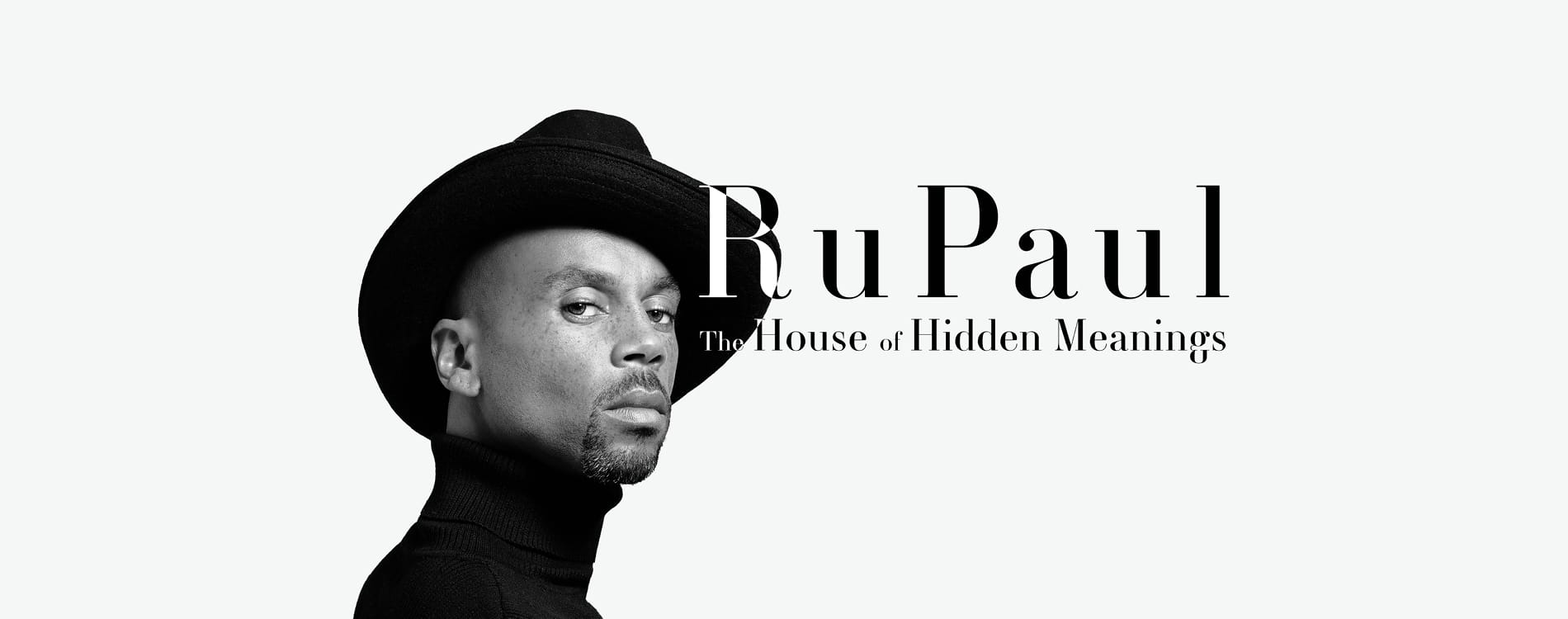
When an artist becomes synonymous with their artform, they paradoxically become separated from their actual art. You can’t know of drag and not know, in some way, RuPaul. But how often do we think about the quality or qualities of RuPaul’s drag? There might be the occasional gasp when she comes out on the runway, halfway through every episode of RuPaul’s Drag Race, and a handful of the spin-offs, but actual sustained critique of the mother queen’s drag feels nigh impossible now. For a massive part of the world, if not necessarily the majority, RuPaul is drag, for better or worse.
That means that insights into RuPaul’s psyche are valuable. Regardless of whatever you think of Drag Race, and RuPaul’s impact on that art of drag, it is undeniable that they are a seismic cultural figure. Helpfully, he has already written three books – Lettin’ It All Hang Out, Workin’ It, and GuRu – but this latest memoir is aiming a bit higher. Here, he aims to reflect, and for our benefit, penetrate a bit deeper into what makes him tick.
The House of Hidden Meanings, a title whose origins are only slightly more clear after reading the book, is a conversational retelling of RuPaul’s history through childhood right up until the mid-90s, a little bit after “Supermodel” made Billboard chart history. As a result it’s pretty short, just a bit over 200 pages, but he packs in a surprising amount of story into that page count.
Many people will be here for the biography, even though it’s been covered elsewhere in RuPaul’s writing. He tells it here better than he has elsewhere, with a heightened sense of poetry, and the sort of harsh gaze you might expect a man in his 60s to have about a youth that was rife with family drama, short on privilege, and abundant with ambition. The book really kicks off as RuPaul’s career does, pinging the queen around the states as they fight for success, couch-surf with names that show up once and never again, and finally, eventually become the glamazon we would recognise decades later.
The House of Hidden Meanings is most compelling when RuPaul writes not with his heart or soul, but with his head. Late in the book, an entire passage reveals that the queen we recognise came after experimentation with grungier drag and genuine genderfuckery. Her family friendliness, her supermodel-esque image, with a little wink, isn’t what came naturally to her, but what came after getting up again and again. Nobody – I doubt not even RuPaul – could predict that these calculations would result in what they have, but being able to get an insight into the cogs turning behind the lashes is valuable.
As a read, The House of Hidden Meanings is a fun one. Does it feel like the first book of two or even three? Absolutely. But if the ever-present enigma that is RuPaul is an interesting one to you, you could hardly do better than stepping into the house to find some less-than-hidden meanings.
Scoop is available to watch on Netflix. The House of Hidden Meanings is available where books are sold.
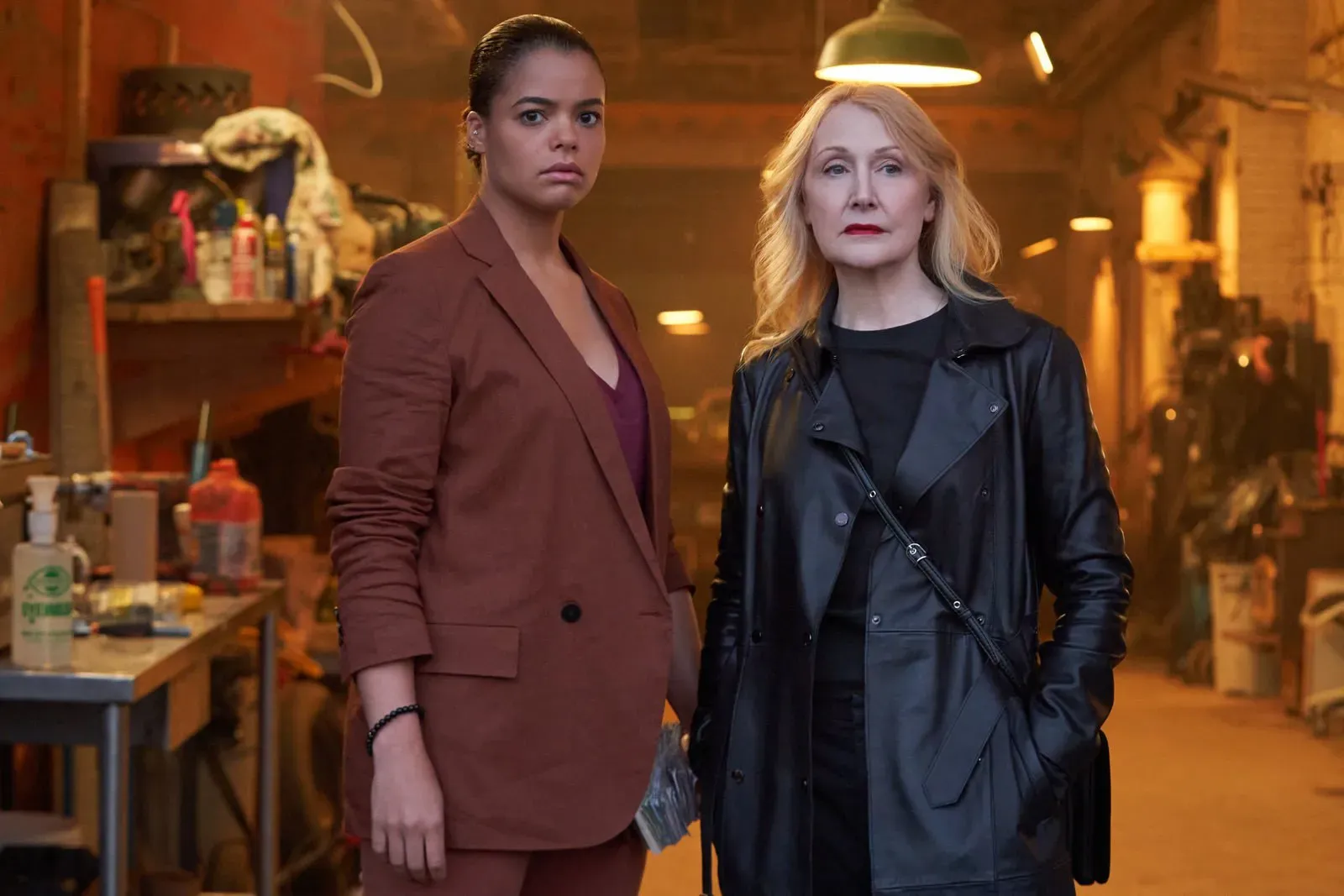
Other Stuff I Consumed This Week
- For reasons that I cannot quite explain, I have been watching Gray on Netflix, a show which appears to have not been reviewed by anybody anywhere, let alone watched. Patricia Clarkson plays a CIA agent who went to ground 20 years ago, but is brought back into the fold to find the mole in a clandestine black ops agency. She also does arts and crafts, in between knocking people down and being pretty opaque about her intentions. It is not great, but anything that lets me chase the two-decade high of Alias season two is worth it for me.
- I re-read Giovanni’s Room – the beloved book of oversexed, ill-fed and under-read homosexuals across the world. It’s great, obviously, but I’ve always been more of an Another Country fan.
- After Scoop, I binged A Very English Scandal, which is very much in the same vein. Jeremy Thorpe (Hugh Grant, at his non-Paddington 2 best) has a relationship with stable-boy Norman Scott (Ben Whishaw, always brilliant) and is dogged by it to the point where he may or may not authorise someone to kill him. He also happens to be one of the biggest politicians in Britain, in a time where homosexuality is still illegal. It’s a great watch, surprisingly funny and moving.
Stuff I Read
Look, I’m just reading all the Lauren Oyler stuff. If you’re less online than me, and you should be, Oyler is one of the “pre-eminent” critics of her generation (someone else’s words, happily claimed by her) and recently released a book of essays that does not appear to be very good. Oyler also had a divisive novel a few years ago called Fake Accounts, that I thought was just fine.
Anyway, here’s some of the discourse about it:
- An assassination of a pan from Bookforum
- A slightly more gentle takedown from Washington Post
- A balanced take from New Statesman worth reading
- An interview with Oyler herself that might be a more brutal dissembling of the book than anything written about it
Self Promo
- Earlier this week, I interviewed Micky Delahunty, who wrote and is performing in absurdist Interrupting Cow at Basement Theatre this week. It’s on until Saturday!
- Next week, an article I wrote about the Pantograph Punch’s hiatus will be in Metro Magazine! Pick it up where magazines are bought.
- I am very proud of have written the programme essay for Scattergun: After the Death of Rūaumoko, Ana Scotney’s solo work which opens Silo’s 2024 season at Q Theatre. It’ll be published here – and available in the printed programme – from next week. You can also buy tickets here.
- I will be teaching away from home – and mostly away from my laptop next week. I’m banking some stuff to post, including the aforementioned essay, so there won’t be a Critical Corner next week.
Writing and reporting takes time, and if you want to support the amount of time it takes (and ensure that the scant amount of meaningful coverage of local art can continue), please considering supporting Dramatic Pause with a paid subscription ($8 p/m, $60 p/a) and if you can't afford a paid subscription, please share the work with your networks!

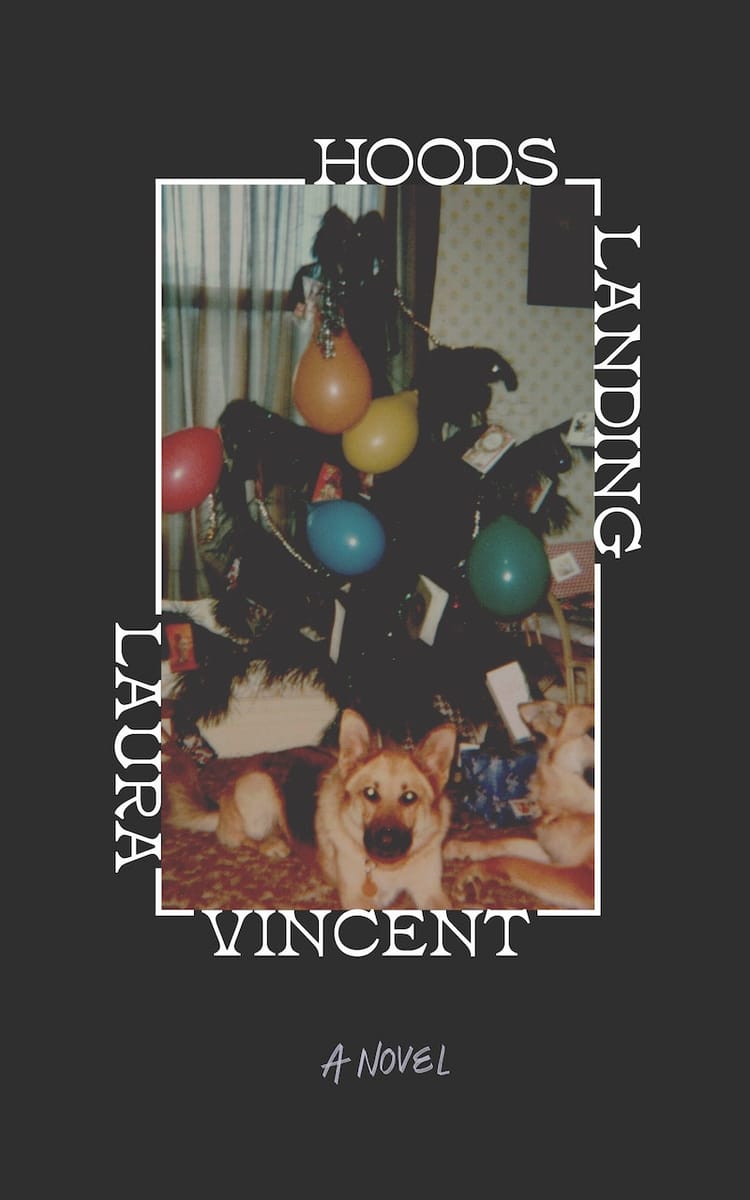

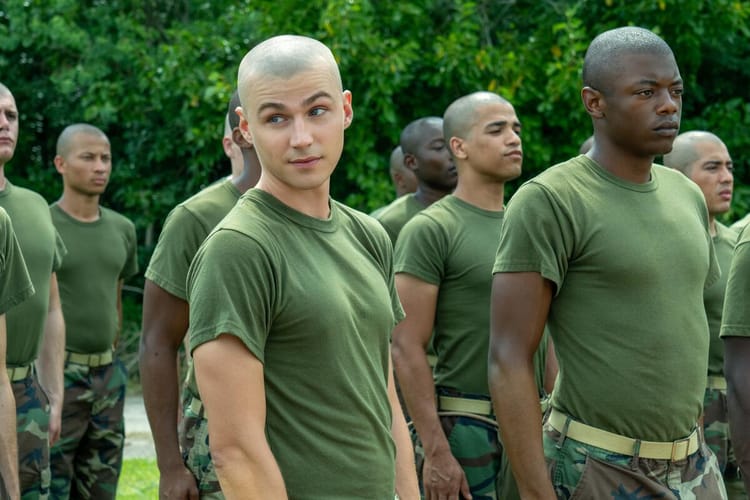

Member discussion